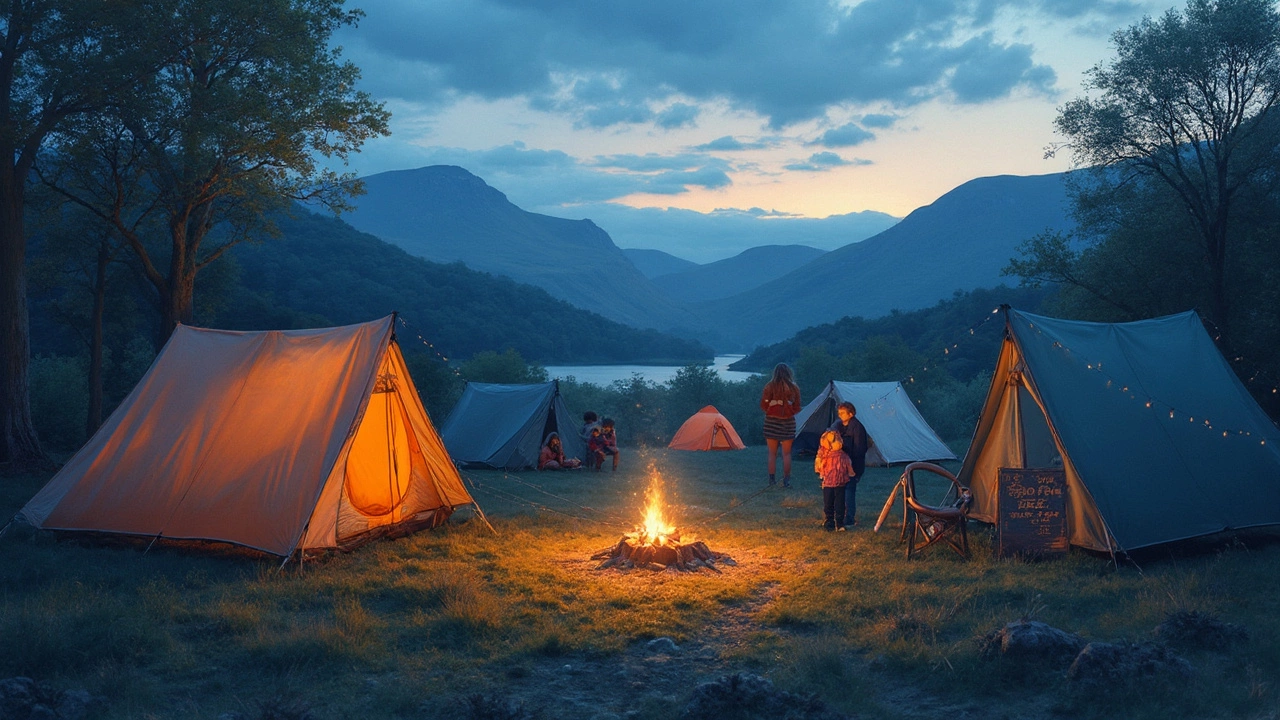Campsite Regulations: What Every Camper Needs to Know
Planning a night under the stars? Before you pitch your tent, make sure you know the rules that keep you out of trouble. UK campsite regulations can feel like a maze, but breaking them down into bite‑size pieces makes it easy. From local council bylaws to national access codes, we’ll walk you through the basics so you can focus on the fire and the fun.
Who Sets the Rules?
Most campsites are run by private owners, local authorities, or national parks. Each operator can set its own check‑in times, waste policies, and quiet hours. They’re required to follow health and safety legislation, so you’ll usually see signage about fire safety, pet restrictions, and waste disposal. If you’re staying at a commercial site, check the welcome pack – it often lists the do‑and‑don’ts specific to that spot.
Public land tells a slightly different story. In England and Wales, the right to wild‑camp is limited. The Scottish Outdoor Access Code lets you camp almost anywhere, but in the rest of the UK you need the landowner’s permission. That’s why many popular spots have designated “wild‑camping zones” or require a small fee.
Special Situations: Beaches, Parks, and Electricity
Beach camping is a hot topic. Some coastal councils allow overnight stays on specific beaches, while others issue fines for any tent set‑up. Look for local by‑law notices or ask the council before you spread your sleeping bag on the sand. If you’re unsure, consider nearby official campsites that offer easy beach access – you’ll stay legal and still enjoy the waves.
Camping in public parks follows similar rules. Most urban parks forbid overnight stays, but a few allow “pop‑up” camping during special events. Always check the park’s website for a camping policy page. Ignoring it can result in a ticket or a forced eviction.
Electricity hookups are a practical concern for motorhome and caravan owners. Campsites must provide safe power points that meet British Standards. Look for signage that shows the voltage (usually 230V) and the maximum amp rating. Never overload a single socket; use a split‑load adaptor if the site offers a 13‑amp supply. If you’re off‑grid, a portable power station or solar panel can keep your lights on without breaking any rules.
Don’t forget pet policies. Many sites ask you to keep dogs on a leash and clean up after them. Some even ban pets during peak season to protect wildlife. A quick glance at the site’s pet rules can save you a painful confrontation with the manager.
Finally, respect quiet hours. Most sites enforce a “no loud noise after 10pm” rule to keep neighbours happy. Use a headlamp instead of a floodlight, and keep music at a low volume. Following these simple guidelines helps everyone enjoy a peaceful night.
By knowing who controls the campsite, checking specific rules for beaches and parks, and handling electricity safely, you’ll avoid fines and keep your adventure stress‑free. So pack your gear, double‑check the site’s regulations, and hit the road with confidence. Happy camping!
UK Campsite Rules: What You Need to Know
Camping in the UK can be a delightful experience if you're aware of the rules. This article outlines essential guidelines for staying at campsites across the UK, from booking procedures to understanding campsite etiquette. Learn about noise restrictions, pet policies, and more to ensure a smooth and enjoyable camping trip. Whether you're a seasoned camper or a first-timer, these insights are crucial for your adventure.
